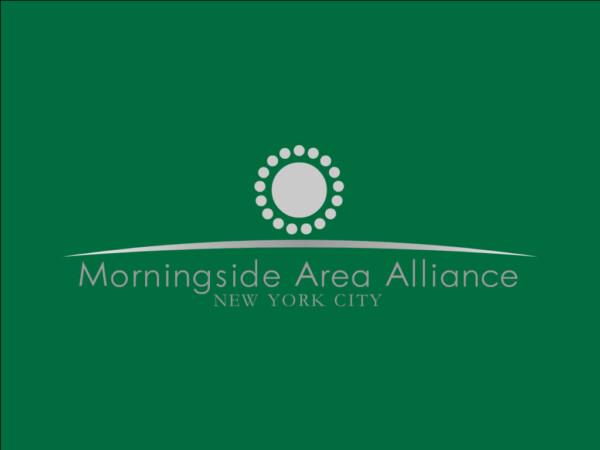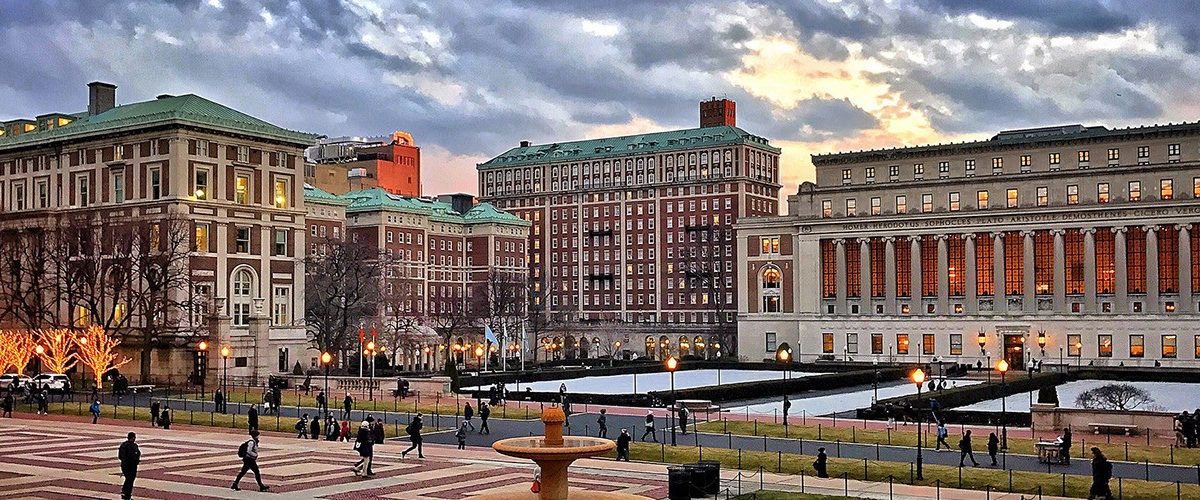Columbia University was founded in 1754 as King’s College by royal charter of King George II of England. It is the oldest institution of higher learning in the state of New York and the fifth oldest in the United States. After residing at two locations for nearly a century and a half, the University moved to Morningside Heights in 1897.
Columbia is one of the top academic and research institutions in the world, encompassing 17 schools with more than 25,000 students and 2,000 international faculty. Eighty Columbians—alumni, faculty, researchers, and administrators—have won Nobel Prizes. Furthermore, eight current faculty members are Nobel laureates in medicine, economics, physics, and literature. Columbians daily continue to conduct path breaking research in medicine, science, law, business, the arts, and the humanities.
The University’s Mission Statement: “Columbia University is one of the world’s most important centers of research and at the same time a distinctive and distinguished learning environment for undergraduates and graduate students in many scholarly and professional fields. The University recognizes the importance of its location in New York City and seeks to link its research and teaching to the vast resources of a great metropolis. It seeks to attract a diverse and international faculty and student body, to support research and teaching on global issues, and to create academic relationships with many countries and regions. It expects all areas of the university to advance knowledge and learning at the highest level and to convey the products of its efforts to the world.”
213 Low Library
2960 Broadway
New York, NY 10027
Telephone: 212-854-4900
Website: columbia.edu
Columbia University News

Statement from Columbia University President Minouche Shafik
Dear fellow members of the Columbia community, Our University is committed to four core principles, which underpin all of our work and our shared values

Statement From David Greenwald, Claire Shipman, Minouche Shafik, and Angela Olinto
Dear fellow members of the Columbia Community, Throughout this very challenging year, we have adhered to a simple goal: to continue our academic mission while

Statement from Columbia University President Minouche Shafik
Dear Members of the Columbia Community, I am deeply saddened by what is happening on our campus. Our bonds as a community have been severely

